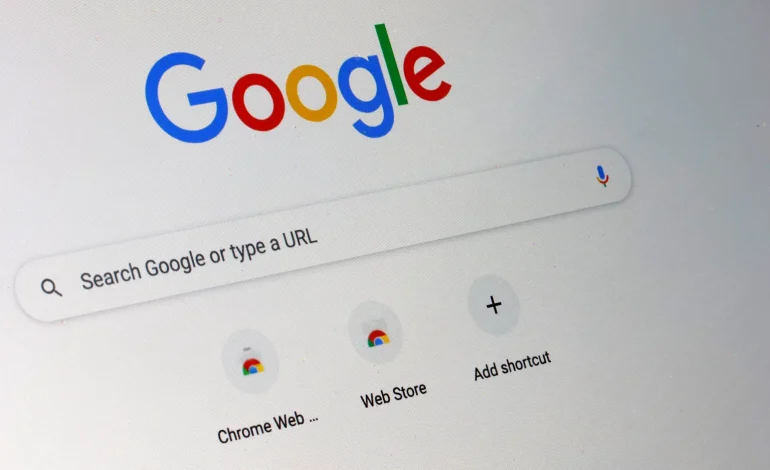The US Department of Justice (DOJ) is set to present new proposals today that could significantly impact Google’s business, following an August court ruling which found that the tech giant had abused its monopoly in the search engine market.
The government’s legal efforts come at a time when Google faces fierce competition from the growing OpenAI-Microsoft alliance, making this a crucial moment in the ongoing antitrust battle.
One of the key proposals the DOJ is expected to push for involves the forced divestment of Google’s Chrome browser. According to a Bloomberg report, the DOJ will ask US District Judge Amit Mehta to order Google to sell or spin off Chrome as part of a broader strategy to address the company’s monopoly in online search. Chrome, which controls around 61% of the global web browser market, is integral to Google’s business, as it funnels users to its search engine and allows the company to track their activities to target advertising, which forms the core of its revenue model.
While the DOJ’s recommendation to force a Chrome sale could be worth as much as $20 billion, the practicalities of such a move are unclear. Chrome’s close integration with Google’s other services, including its search engine and AI offerings, makes it difficult to imagine how it could function independently. Analysts have speculated that finding a buyer capable of acquiring Chrome and overcoming regulatory hurdles would be challenging. Microsoft, backed by OpenAI, has been suggested as a potential suitor, although this remains uncertain.
Google has vehemently opposed the DOJ’s proposals. Lee-Anne Mulholland, the company’s vice president for regulatory affairs, argued that the government’s actions would harm consumers and stifle innovation, particularly at a time when the technology sector is undergoing a significant shift.
“The government putting its thumb on the scale in these ways would harm consumers, developers and American technological leadership,” Mulholland said in a statement.
Alongside the Chrome divestment proposal, the DOJ is also expected to push for other measures aimed at increasing competition, such as requiring Google to license its search data to third-party competitors. In addition, the government will seek to limit Google’s control over the Android operating system, which powers the majority of the world’s smartphones. The DOJ is not, however, pursuing a breakup of Android, focusing instead on making it less integrated with Google’s search engine and other services.
This case bears resemblance to Microsoft’s antitrust legal struggles in the late 1990s, when the company faced government scrutiny over its dominance in the operating system market, and particularly its integration of Internet Explorer. In that instance, Microsoft’s legal battle opened the door for new companies—most notably Google—to emerge and thrive. Some observers worry that Google’s ongoing antitrust fight may create an opening for newer players, like OpenAI, to challenge its dominance, especially with the rise of artificial intelligence technologies.
The timeline for the resolution of this case is still uncertain. The court will hold hearings on the proposed remedies in April 2025, with a ruling expected by the summer of that year. However, Google has indicated it will likely appeal any decision, potentially extending the legal process for years. Additionally, the incoming Trump administration may bring its own perspective on the case, as it inherits the DOJ’s ongoing legal efforts against Google. Trump has historically been critical of Big Tech companies, and his administration’s stance on antitrust could influence the case’s future direction.
Axios, New York Post, and Business Insider contributed to this report.









